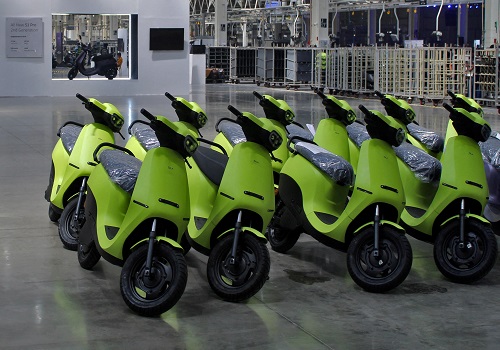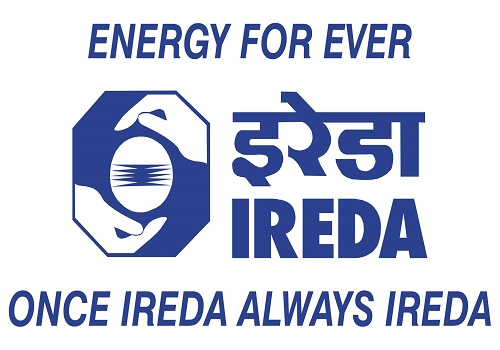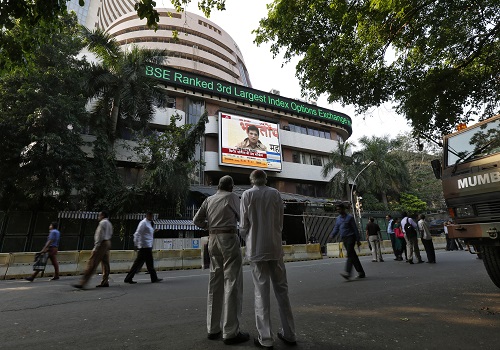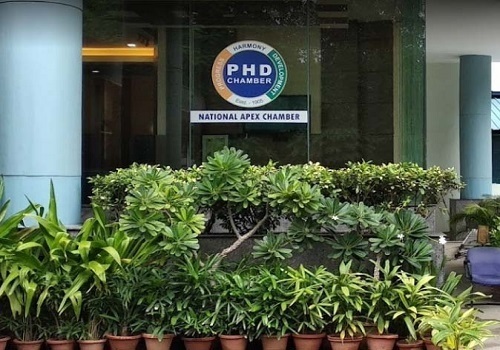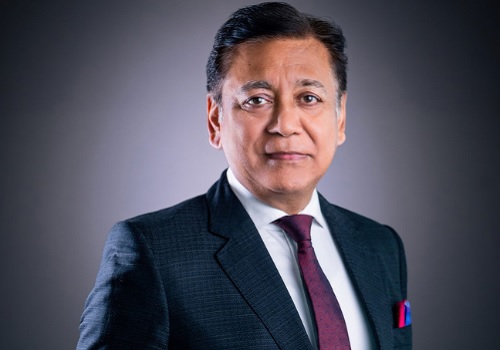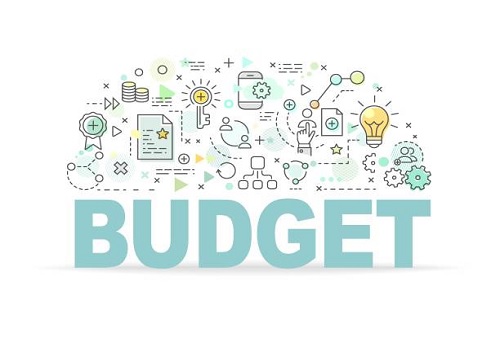65% unhappy about current tax structure in India: Survey
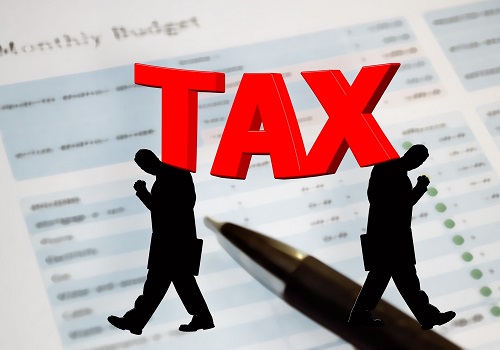
Follow us Now on Telegram ! Get daily 10 - 12 important updates on Business, Finance and Investment. Join our Telegram Channel
A new survey has revealed that nearly two-third or 65 per cent of the respondents were unhappy about the current tax structure in the country.
YouGov's latest survey shows sentiments of the public around income tax and reveals their expectations from the upcoming budget.
Ahead of the Budget 2022 which will be presented by the Finance Minister Nirmala Sitharaman on February 1 data from the survey reveals that three-quarters (74 per cent) of urban Indians agree that income tax is important for the country's economic development.
When asked about their expectations from the upcoming budget, almost two in five (38 per cent) urban Indians said they expect the government to raise income tax exemption limit to Rs 5 lakhs from the current one. This was the leading expectation for people who identified themselves as poor or middle class.
About three in 10 (31 per cent) feel that the overall tax exemption limit should be increased from the present Rs 1.5 lakhs, while a higher number (32 per cent) wants the government to ease the tax burden on the salaried class by increasing the limit of standard deduction from the existing Rs 50,000. Those aged 40 and above are most likely to have these expectations as compared to the younger age groups.
Keeping the Covid-19 pandemic and rising medical expenses in mind, more than a third (35 per cent) expect the Covid treatment-related expenses to be made a separate item under tax deductions, while some (30 per cent) expect the Finance Minister to increase deductions for medical expenses under 80D.
Increased tax deduction on housing loan interest is also an expectation of the salaried class in India. Interestingly, millennials (32 per cent) are most likely to expect this tax incentive as compared to Gen X (28 per cent) and Gen Z (19 per cent).
Eighty per cent of the self-identified poor respondents think a tax rate of 5 per cent is fair for them to pay, while 25 per cent of the rest agree on a tax rate of 10% as fair for them to pay.
Paying income tax is a legal obligation for citizens of the country but there are some professions (like farmers) that are currently exempted from paying income tax. When asked about different professions that should come under the ambit of taxation, about six in 10 (60per cent%) urban Indians feel farmers should not pay any taxes, whereas 35 per cent feel they should be taxed like all other citizens.
Whereas, for businessmen, that is thought be the richer class in India, more than half (51 per cent) of the respondents are of the opinion that they should be paying a higher income tax than other citizens. Comparatively, a lesser proportion feels that they should be paying same tax as all citizens (37 per cent) or should be paying no taxes at all (12 per cent).
YouGov Omnibus data collected online among around 1022 respondents in India between January 18-21 using YouGov's panel of over 15 million people worldwide
Data shows that about half of the urban Indians follow the union budget every year (47per cent%) and close to three in 10 (27 per cent) follow it sometimes.
Furthermore, two-thirds (67 per cent) claim the Budget to have an impact on their personal finances. Respondents who self-identified as middle class or upper middle class are most likely to both follow the Budget and believe it has an impact on their personal income. People who self-identified as poor and/or rich, tend not to follow the budget and believe it has a lower impact on their personal incomes.










Tag News

Monthly Debt Market Update, September 2023: CareEdge Ratings





 320-x-100_uti_gold.jpg" alt="Advertisement">
320-x-100_uti_gold.jpg" alt="Advertisement">

